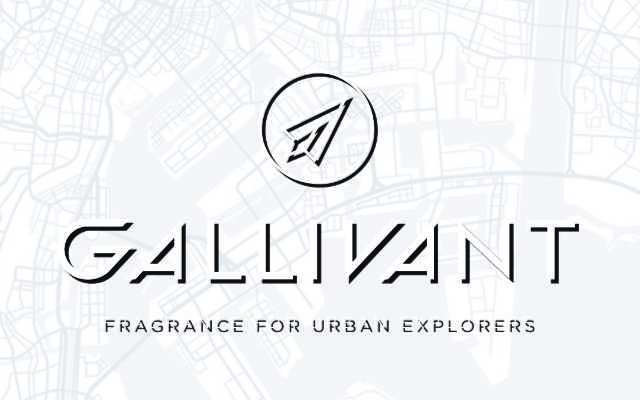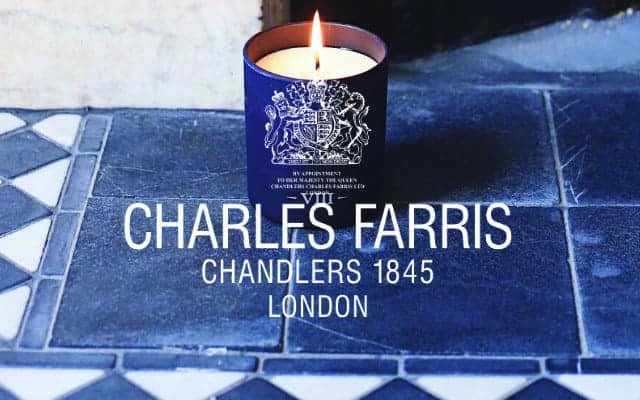The History of BRITISH PERFUME
Origins, History and Britains part in it all

Britain may not be the epicentre of the perfume industry or even the kernel of the idea, but it has an interesting part to play in its creation. But where did perfume come from? It seems like a simple question that can be answered with some historical knowledge. But here at Sir Gordon Bennett we love a story, and the story of the origins of perfume and how Britain has taken to it, is quite the tale.
Smoky Past
The word perfume is derived, as most English words are, from another language. In this case the Latin word ‘perfumare’ or ‘to smoke through’. Through dedicated archaeologists and historians, the original lands perfumes hail from have been narrowed down to Ancient Mesopotamia, Ancient Egypt, The Indus Valley Civilization and possibly Ancient China.
Unsurprisingly, perfumes have been made from roughly the same ingredients for the entire time they have been produced. The world’s potential first recorded chemist, a woman named Tapputi was of Mesopotamic heritage. She is mentioned on a stone tablet dating back to the 2nd millennium BC, with further notations on her recipe. By distilling flowers, oils and calamus (a flowering plant often called sweet flag) with other aromatics.
The phrase, ‘keeping at bay’ was possibly coined during the Roman Conquest of Britain when fragrant plants were introduced and used to scent luxurious baths. Bay was believed to ward off the plague. The only other use of fragrant products around this time was incense in the Catholic Church. There is another suspected origin for the phrase, albeit not related to perfumery. The Old French words 'abbay' or 'abai' mean 'barking'. These came into English, first as 'abay' and later as 'at bay'. To keep at bay meant then to be in a standoff with a barking dog that was intent on killing, in recent times the phrase 'keep at bay' has taken on the more general meaning of fend off.
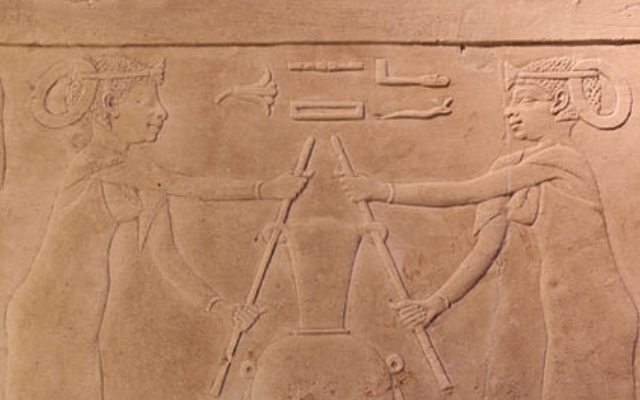
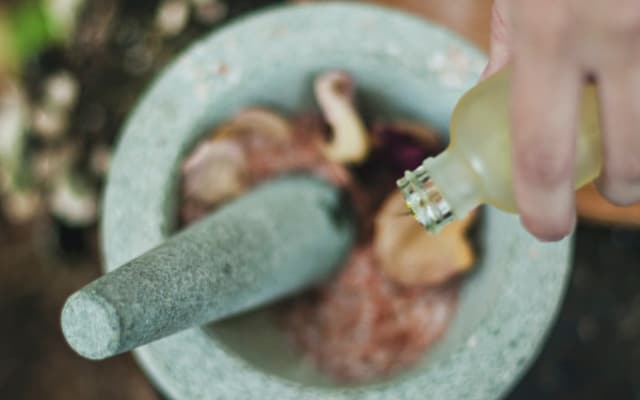
Refining Perfumes
Recipes of perfumes from the monks of Santa Maria Delle Vigne or Santa Maria Novella of Florence, Italy, were recorded from 1221. In the east, Hungarians produced around 1370 a perfume made of scented oils blended in an alcohol solution at the behest of Queen Elizabeth of Hungary. The art of perfumery prospered in Renaissance Italy, and in the 16th century the personal perfumer to Catherine de' Medici, René the Florentine, took Italian refinements to France.
France quickly became one of the European centres of perfume refining and crafting. The growing and cultivation of flowers for their perfume essence, which had begun in the 14th century, grew into a major industry in the south of France. Between the 16th and 17th centuries, perfumes were used primarily by the wealthy to mask body odour due to the lower hygiene standards at this time, something the teenagers of today seem to do as well. Even in today’s global market, France and Italy remain the biggest of European perfume designers and suppliers. And here we thought that the overly perfumed French man was just a harmful stereotype.
Stories and Scent of Britain
Although perfume hadn’t become an alluring scent in a bottle for a night out in Britain, fragrances were being used. It is purported that Henry V carried a scented pompedour during the battle of Agincourt in 1415. Probably to fend of the stench of dead soldiers on the battlefield.
During the time of Queen Elizabeth I, scented leather was the preferred way to experience perfume. This practice has its roots in Grasse. In those days, the town was best known for producing the finest leather gloves in the world. Part of the method to tan their leather, and make their product more unique, was soaking the hides in urine in order to soften them, this meant the gloves needed to be scented. Perfumed oils where widespread in the area and the leather craftsmen used these to improve the smell of their product.
There was even a fashion at the time of Queen Elizebeth I to roll up balls of scented paste and string them together to create faux scented pearl necklaces. And it was fashionable by those higher up the class system to have items of clothing doused in scent to hide the smell of the masses or the great unwashed as we became known.
During the Great Plague of 1665, the odour of the dead became a matter of great concern. The Lord Mayor of London ordered that sulphur, saltpetre and Ambergis be burnt in the streets to mask the smell. After the Plague, personal hygiene became a priority. It became trendy to have a perfumed bath and ‘sweating houses’ gained popularity. These were essentially old-fashioned saunas with the addition of oils. Let’s hope saunas become popular again after the most recent ‘plague’.
A rather nasty fact regarding the creation of perfume concerns the Civet Cat, more specifically its perineal glands (located where the sun don’t shine). These glands secrete a substance known as Civet, a foul-smelling liquid in its raw form, but once distilled and refined it becomes sweet and aromatic. This was such an important part of the process that the Civet Cat became the symbol of a perfume shop in Britain, much like the red and white pole of a barber shop.

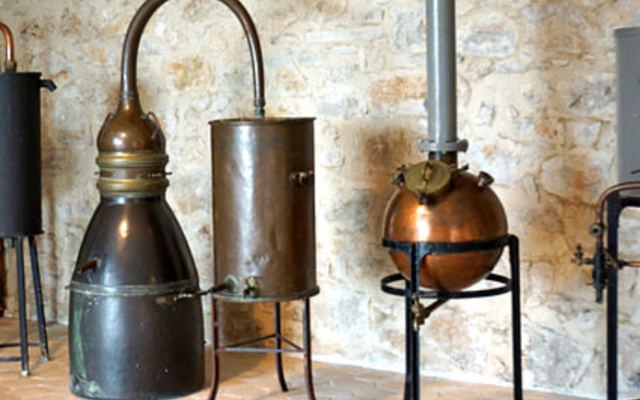
Britain's Scents of Creativity
Britain seems to have fallen behind its neighbours when it comes to the manufacture of perfumes and related articles. But that doesn’t mean there aren’t British names that hold weight in the world of perfumery.
Floris of London hold claim to the title of ‘The oldest retailer of fragrance in England’, having begun operations in 1730. Initially the company was a barber shop and produced combs but given the Georgian time period it’s no surprise that perfumes were soon being produced. Floris has been granted 3 Royal Warrants in its time. One of these was for the combs they originally produced, but the remining two were for their exquisite perfumery. One was from Her Majesty Queen Elizabeth II in 1971 and the other from His Royal Highness The Prince of Wales in 1984. Floris also hold several core beliefs that they see as integral to the love for the company within Britain, those are a sense of history and pedigree, which we associate with quality, timelessness, and attractiveness.
Charles Lille was one of the first British perfumiers and although he also created perfumed snuff (not sure theat would be much fun) he also published in 1822 the first real guide for perfumiers titled ‘The British Pefumier’. This guide was a recipe book that inspired and sheparded British perfumiers to use all of their senses when concocting scents.
Britain though now is at the forefront of the niche fragrance market. Smaller brands that believe scents are better when not mass manufactured in giant vats like they are at the large perfume houses of Paris. More complex scents that are vastly different from the homogonised market. Designed to evoke a sense of the individual.
4160 Tuesdays use a sense of familiarity to create their perfumes. Such amazing smells as candyfloss, rockpools, mint rock and suntan lotion have been used to create a blend called “what I did on my holidays”. They have also created a blend called “Summer of 1969” which attempts to capture the feeling of the Summer of Love in London.
Created by Sarah Mcartney in the 2010s after writing a novel featuring a problem-solving perfume. Mcartney set out to see if she could find the perfume in our reality. With this being an impossibility for her she decided to create them instead. Some of which are available in the Sir Gordon Bennett store. The Perfumes from 4160 Tuesdays have won several awards since 2016 which is a testament to the class and quality of the products. A perfect gift for someone who wants to stand out with their choice of perfume.
Another fantastic perfume brand we at Sir Gordon Bennett love is Gallivant. Unlike 4160 Tuesdays, Gallivant is about experiencing the world from in a bottle. Having their perfumes named and based on places of interest and intrigue in our world. With such cities as Naples, Tokyo and Berlin to name but a few. Each of the exquisitely crafted scents is unisex and has many complex layers, much like the cities that inspired them.
Founded by Nick Steward, a perfumer with two decades of experience from time spent in London and Paris. After becoming bored by the bravado of many of the brands, he conceived GALLIVANT to get back to the basics of perfumery. Nick decided to work with true artisanal crafters to create his products. This would both offer a varied set of skills and experiences, but also would maintain the celebration of the world that Gallivant set out to achieve in their perfumes.
The Smell of Success
Despite the young history of British Perfume when compared with the rest of our world, out little island home has once again proved that our drive and ingenuity, coupled with the marvellous lands we live in, can inspire creativity in truly captivating ways. While France and Italy have had many generations to perfect and advance their crafting of perfumes into a wide and varied cast of scents, we in Britain have attempted to capture the very essence of what Britain is like in a bottle.
This is what our British perfume makers strive for, to give a sense of being somewhere safe, somewhere beautiful. Be that by the seaside, in a woody meadow full of flowers or in a very specific vineyard down south, British perfume is more than a simple blend of flowers, oils and aromatics. It’s that feeling of the Great British spirit. And that, in this humble writer’s opinion, is better than anything.
Perfumery has come a long way over the millennia:
From a Renaissance recipe named ‘King Henry VIII’ that called for one to “take sixe spoonfulls of compound water, as much of rose water, a quarter of an ounce, of fine sugar, two graines of muske, two graines of amber-greece, two of Ciuet (civet), boyle it softly together, all the house will smell of Cloues.” More of a diffuser than a perfume me’thinks.
To modern blends that use a mixture of science and alchemical fusions to create smells that have most likely never been dreamed of by our ancestors. But through it all Britain has, as usual, shown that this plucky little island of steadfast people, will maintain our creativity. We may fall behind at times, but we don’t give up. If only we could create a perfume to encapsulate that feeling. Though I think the smell of tea, a good roast dinner and rolling fields would be a bit of an odd combination. Back to the drawing board on this one.

